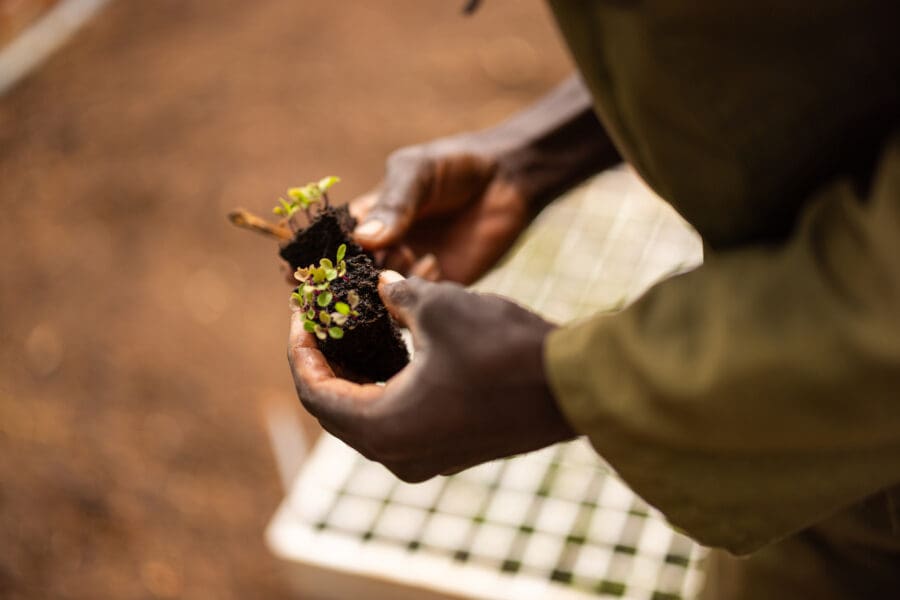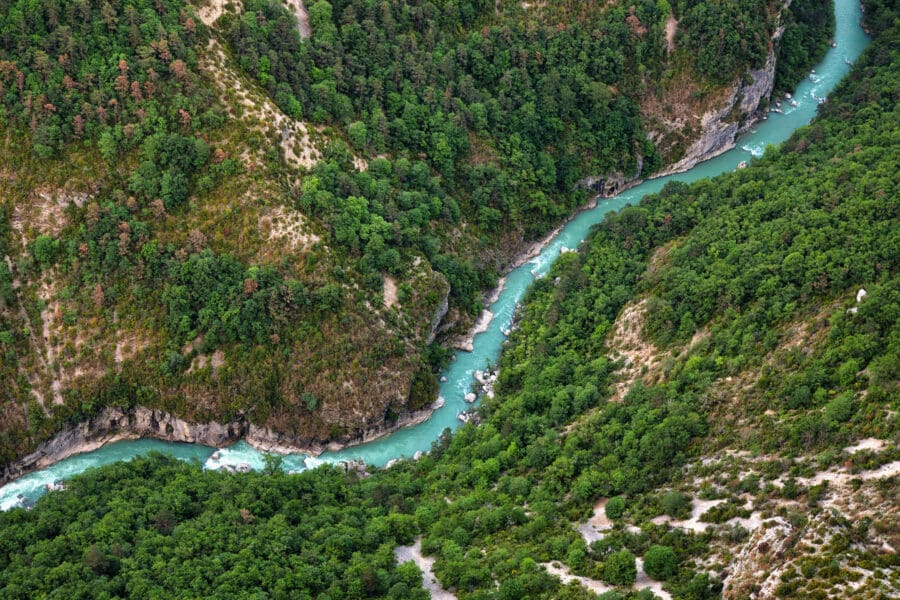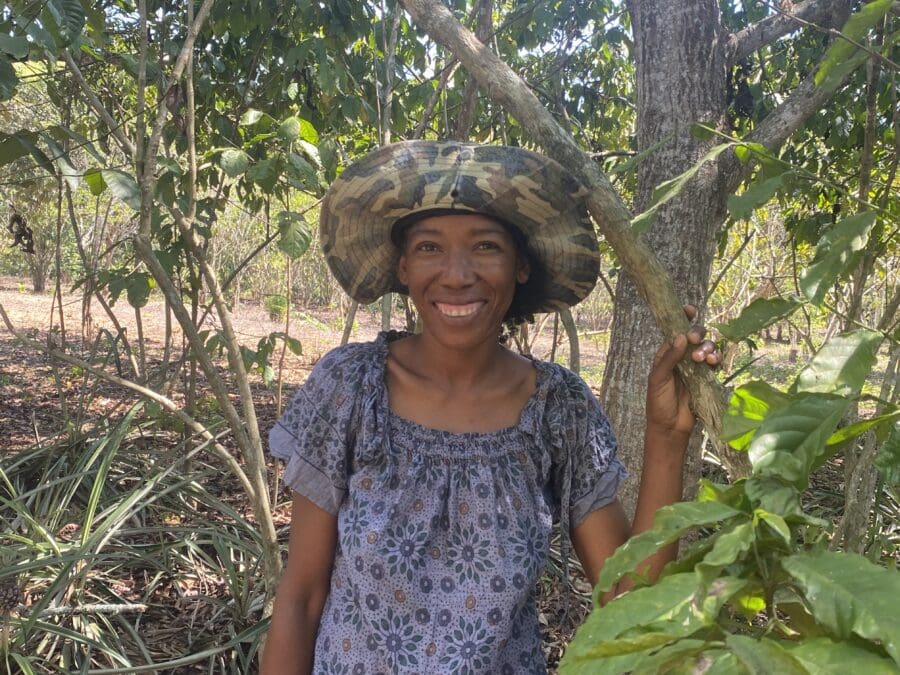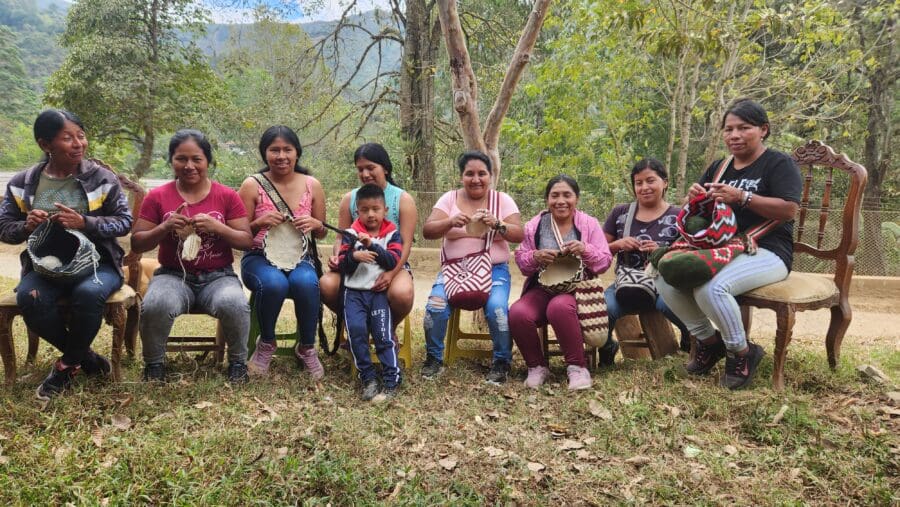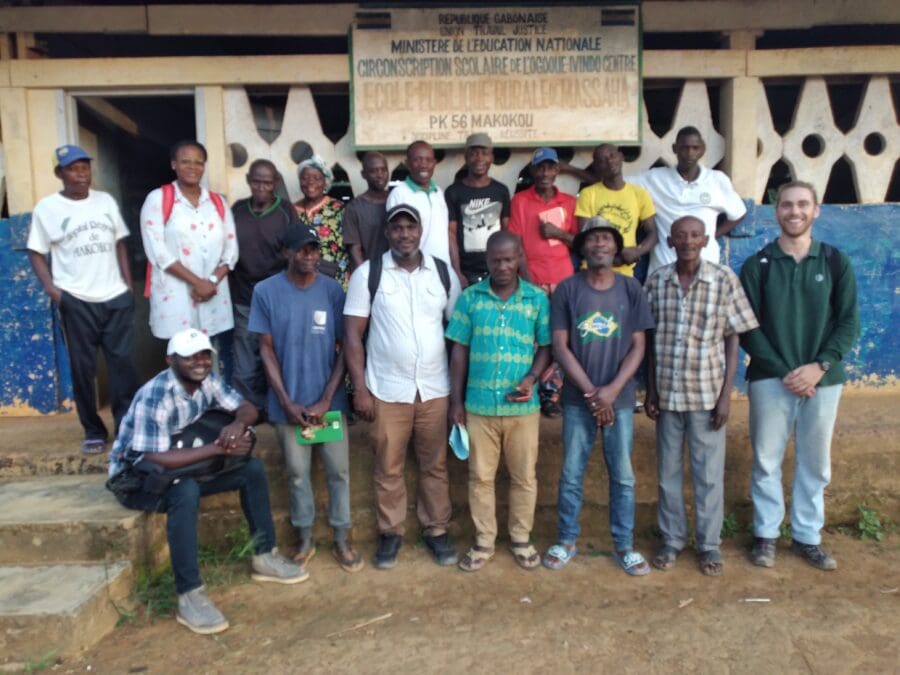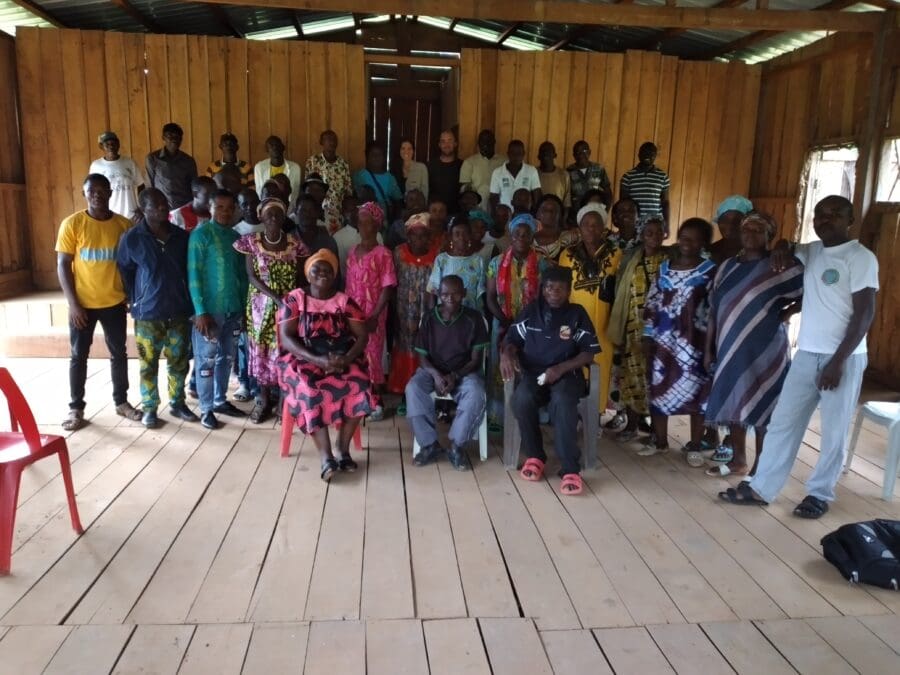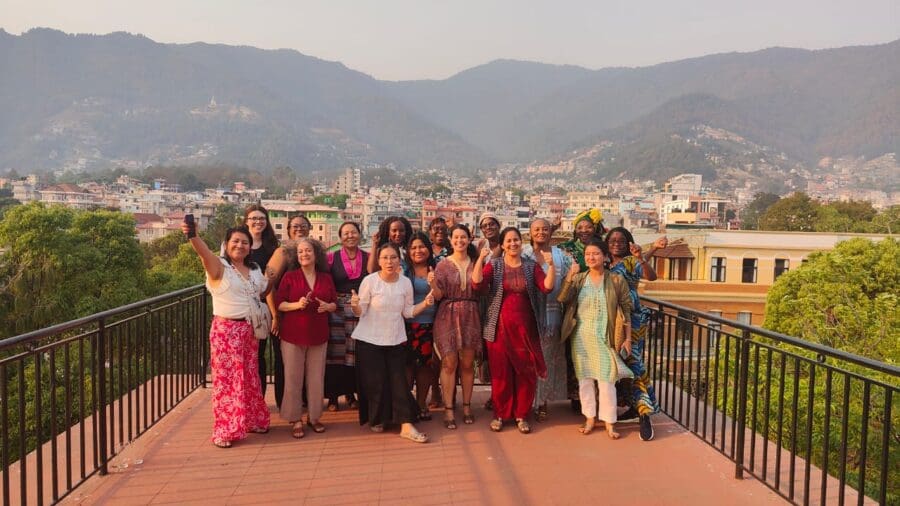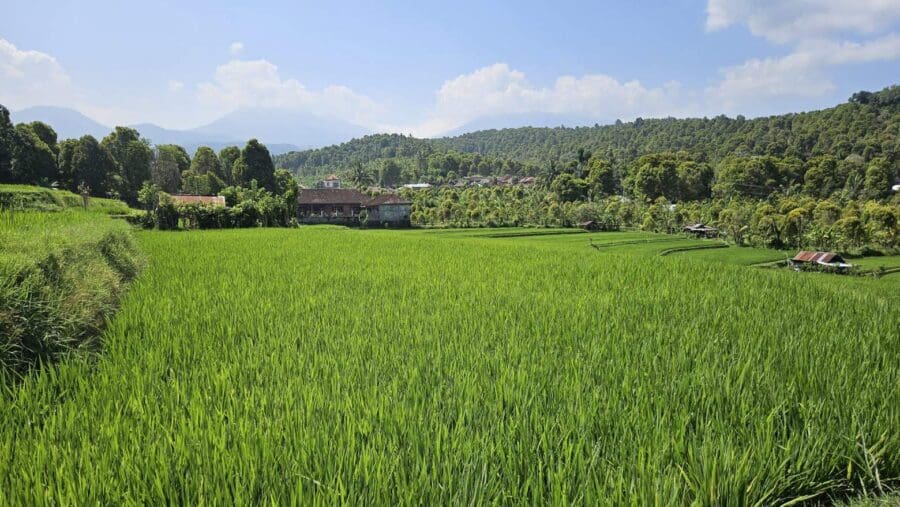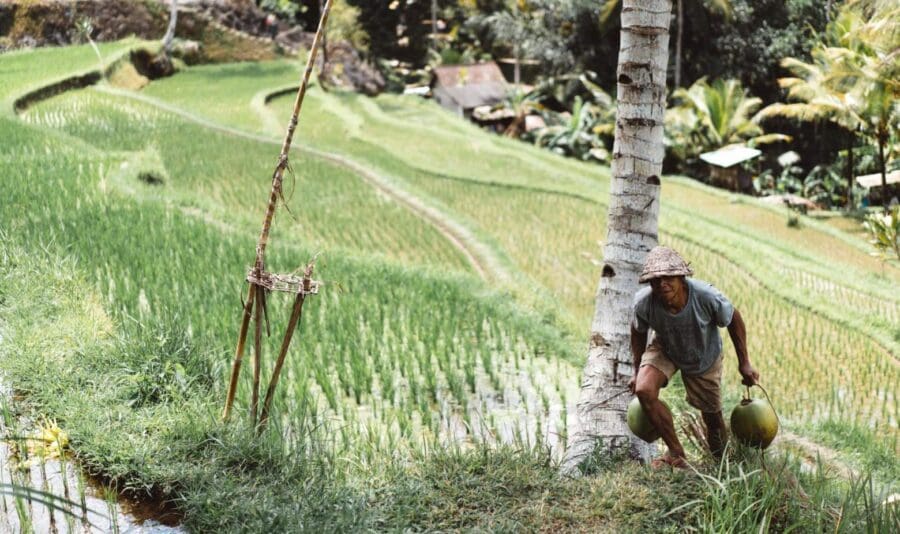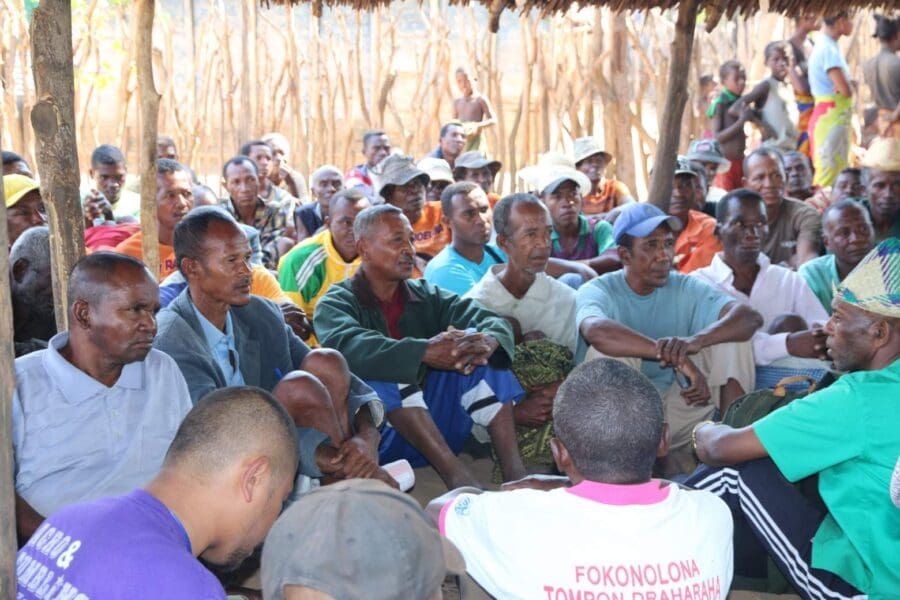As the world moves toward COP30 in Belém, Brazil, countries are in the process of updating their Nationally Determined Contributions (NDCs)—the key national plans that define climate goals, strategies, and financing needs under the Paris Agreement. In this crucial context, RRI released a two-phase study in September and October 2025, analyzing current NDCs of 25 countries across Latin America, Africa, and Asia.
As the global community prepares for UNFCCC COP30, hosted for the first time in the Amazon region of Brazil, the Rights and Resources Initiative (RRI) and its coalition of over 200 partners, collaborators, and allies have been sending a clear and powerful message for months: Earth’s #DefendersLeadTheWay on climate action.
The First Global Congress of Indigenous Peoples and Local Communities from the Forest Basins brings together forest guardians from the Amazon, Congo, Borneo-Mekong-Southeast Asia, and Mesoamerica. These territories, long safeguarded by Indigenous Peoples and local communities, are essential to the Earth’s biodiversity and carbon balance—providing powerful solutions to the climate crisis.
With population growth in Madagascar, land is in ever shorter supply and conflicts over land ownership are multiplying. We must build greater community recognition of women’s important role in society—not as competitors to men, but as people working together towards a common goal of better livelihoods and sustainable land management.
A new RRI study shows how Indigenous women-led enterprises boost local economies and are important for territorial governance and climate resilience.
Gabon’s Massaha communities are documenting the rich biodiversity stored in their ancestral territories to demonstrate the transformative power of community-led conservation. Can they help one of the world’s most forested countries conserve 30% of its biodiversity by 2030?
With financial support from the Bezos Earth Fund, RRI's coalition in the Congo Basin has undertaken concrete actions demonstrating alternatives to conservation approaches that exclude communities. In some places, the project's interventions have halted illegal logging, mining, and oil companies’ activities that threaten land and soil degradation as well as local livelihoods.
The Women in Global South Alliance (WiGSA) hosted its second strategic meeting in Kathmandu, Nepal from April 30–May 2, 2024. Armed with a feeling of sisterhood and common purpose, women leaders from 11 countries across Asia, Africa, and Latin America overcame jet lag to meet in person to discuss strategies on how best to support the women and girls they represent.
The Masyarakat Adat Dalem Tamblingan have lived in and around the Alas Mertajati Forest and Lake Tamblingan areas in Bali since at least the 9th century AD. Now, the community is fighting back and appealing to the government to legally recognize nearly 7,000 hectares of its customary territory.
Rights and Resources Initiative and Rainforest Foundation Norway are thrilled to announce the launch of the Path to Scale dashboard, a new open-source online tool that gives easy access to donor funding data for Indigenous Peoples’, Afro-descendant Peoples’, and local communities’ tenure and forest guardianship.
For the first time, Madagascar's traditional communities, the FOKONOLONA, are being considered in the construction of the country's land reform. Find out how this breakthrough was made possible.

